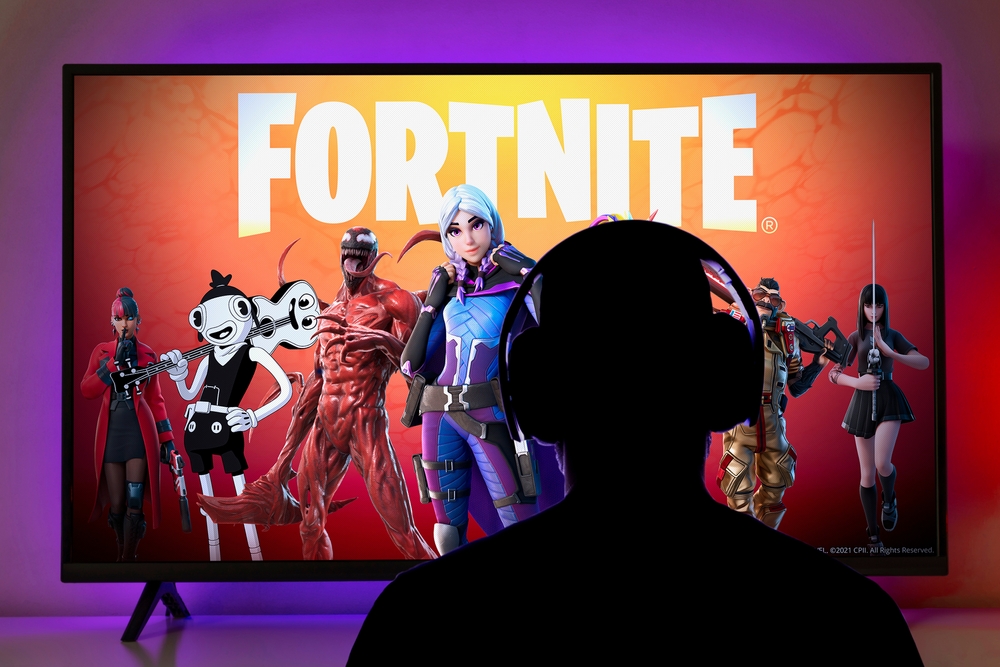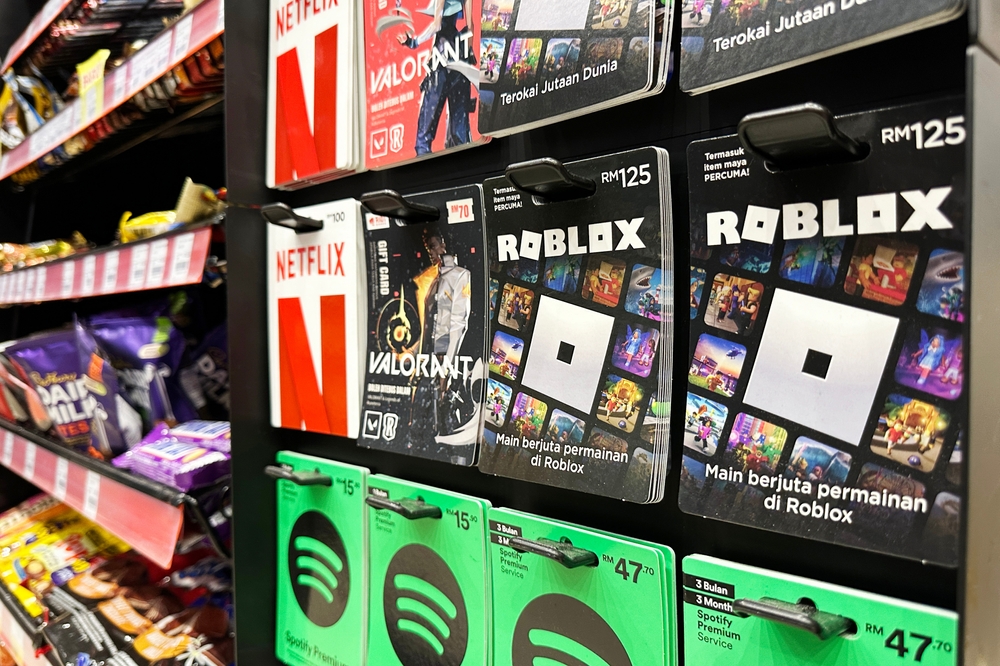For many people, including children, video games are a great way to unwind after a long day at work or school. Gaming is a normal hobby for a kid, but there are a few drawbacks. Screen time can have an impact on a child’s well-being. It can also impact your wallet if your kids take advantage of in-game purchases, also known as microtransactions. Some popular titles allow players to spend hundreds of real-world dollars on perks, cosmetics, and additional content. Below are some popular video games with microtransactions.
Pokémon Unite and Pokémon Go
Pokémon is the largest and most successful global game brand, raking in nearly $4 billion annually. A chunk of those profits come from the spinoff video games Pokémon Unite and Pokémon Go. In the latter’s case, users can opt to buy premium items such as Remote Raid Passes, Trainer Boxes, and additional item storage. The purchases are more to assist players who are unable to travel, but most of the items can be found through normal gameplay or bought with in-game currency.
Pokémon Unite, on the other hand, has a more comprehensive array of in-game purchases. New Pokémon, battle items, and cosmetics can all be purchased using in-game currency. There are ways to receive the currency through regular play, but it can be tedious and time-consuming. Even if you buy some gems or Aeos Coins, you’ll still need a large amount to get high-ticket items. The Sacred Style Holowear for Blastoise, for example, costs 2,199 Aeos gems (2,450 gems cost $39.99). Many of these skins can’t be gained through regular play or loot boxes.
Fortnite

Fortnite is one of the most popular games in the world, with crossover events and game modes. Players trying to snag limited-time content may be tempted to reach for their wallet. Some cosmetics, such as character skins, emotes, and weapon skins, are locked behind a paywall. Each chapter of the overarching story is broken into seasons, creating a new seasonal Battle Pass. The Battle Pass unlocks many cosmetics and exclusive items through play, but it still requires a payment each month to access.
There are also loot boxes for purchase. Loot boxes, regardless of the game, are often considered predatory. Because the boxes’ contents are randomized and have items with different rarities, it encourages players to buy more in hopes of getting a lucky box. In several countries, loot boxes are banned. Their very nature is akin to gambling — specifically slot machines — which may lead to addiction, even in children. The Federal Trade Commission made a case against Fortnite developer Epic Games regarding loot boxes. Parents of children who spent money on Fortnite may be eligible for a refund.
Genshin Impact
If you have an older child interested in anime, you may have heard of Genshin Impact. The open-world title invites players to explore the world of Teyvat and recruit new characters from various lands. Characters and weapons unlock through a gacha mechanic. Gacha comes from the Japanese term “gachapon,” referring to capsule toys from vending machines. It’s similar to loot box mechanics because the item received is random.
The easiest way to acquire new characters in Genshin Impact is through pulls or buying a set of random items and hoping you get lucky. Certain characters are more likely to be pulled during “banners,” or short periods when they’re highlighted. In the case of trendy characters, it may be the only time they’re available. Genshin Impact has raised security concerns because of missing features such as two-factor authentication, leading to many players’ accounts getting hacked.
Roblox

Roblox is an online multiplayer game and game-creation tool. Players can program and share their own creations within the game’s engine. They can range from simple hide-and-seek games to full-fledged modes similar to titles such as Among Us and Splatoon. Roblox has always had a dedicated fanbase, but its popularity skyrocketed during the pandemic in 2020.
As with many free-to-play games, Roblox has an in-game currency system, called Robux. Players can spend Robux on clothing items and accessories, but only premium players can sell them. A premium membership has a monthly fee attached. It’s possible to earn money on Roblox as well. Item creators can profit from their creations, but, again, it requires a premium account.
Overwatch 2
The original Overwatch, developed by Blizzard Entertainment, was a paid game. Players could buy loot boxes, but they could also be earned through normal gameplay. The loot boxes only contained cosmetic items, many of which were seasonal or time-restricted. Still, they offered no advantage in gameplay, and players could experience everything for free.
The sequel, however, has opted for a free-to-play, games-as-a-service model. The base game is free, but skins, emotes, and even playable characters are locked behind the seasonal Battle Pass. Some cosmetics are restricted to the in-game shop and are only purchasable with Overwatch coins. When the game launched, some skins cost as much as $15. Prices may have dropped, but a great deal of content remains behind a paywall.
Mobile Games
Mobile games are infamous for their copious amounts of in-app purchases. Candy Crush Saga, Cookie Run, and Subway Surfers are especially popular with kids, in addition to classic apps such as Angry Birds and the original Candy Crush. All these games offer microtransactions for premium currency to skip levels, among other benefits. Players may also buy the full version, with all the levels available and no in-app advertisements.
What makes these games so dangerous is how the in-app purchases are disguised. The level-skip prompt may say something like, “Use three gems to try again?” At no point does it inform the player that the gems cost real-world money. By clicking yes, the player has approved an in-app purchase — and all subsequent purchases. It can feel downright nefarious.


